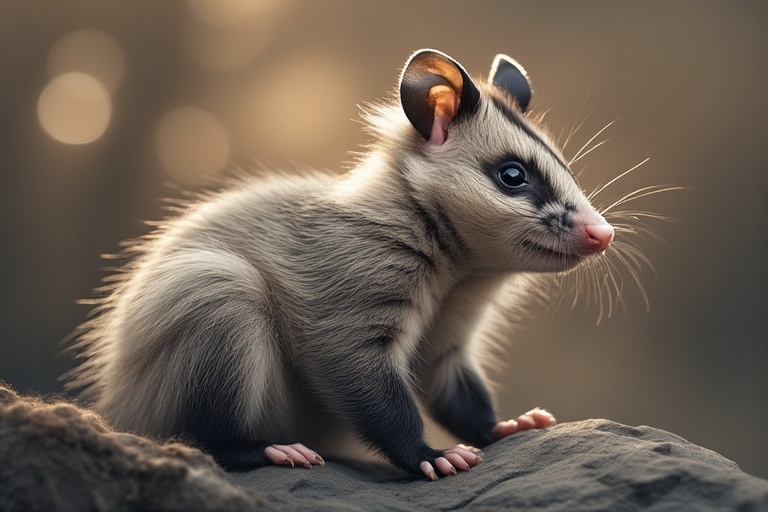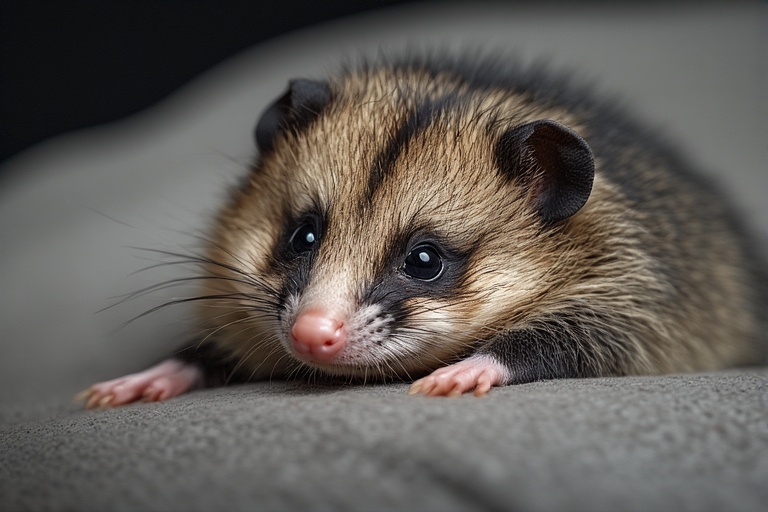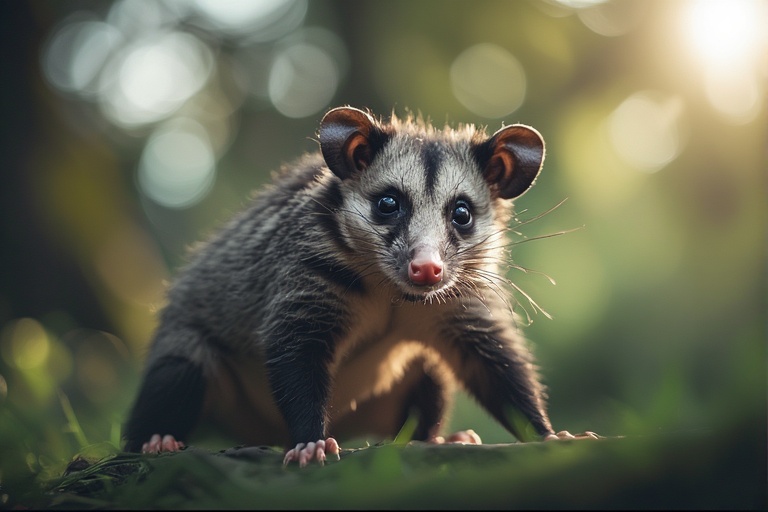In Australia — the land where kangaroos hop, koalas nap, and possums sneak through the trees like night ninjas — a less cheerful story is unfolding. This time, the main villains aren’t wildfires or snakes, but something much smaller and far more persistent: PFAS.
Yes, it sounds like a new pop band, but PFAS (per- and polyfluoroalkyl substances) are actually “forever chemicals” — synthetic compounds that refuse to break down in nature and can linger in the environment longer than even the oldest kangaroo.
PFAS have been used for decades — in firefighting foams, waterproof jackets, nonstick pans, cosmetics, and even food packaging. They make life easier but the planet dirtier.
The problem? These substances don’t degrade. They pass through soil, water, and the food chain like uninvited guests who never, ever leave.
Recently, scientists from the Australian Laboratory for Emerging Contaminants and the University of Melbourne’s Veterinary School made a disturbing discovery: 45 different types of PFAS were found in the livers of possums living around Melbourne.
Yes — forty-five! Not quite as many as episodes of your favorite TV show, but enough to make researchers’ eyebrows rise in alarm. All og the tested possums were contaminated. The average levels are among the highest ever recorded in small land mammals.
The ringtail possums — adorable nocturnal climbers — have turned into furry chemical detectors. It’s not their fault; they simply live near cities, close to people.
If their blood is already full of PFAS, what does that say about ours?
Scientists warn that these results suggest widespread contamination across Australian ecosystems. And while possums don’t read newspapers, we definitely should.
 According to the Australian Bureau of Statistics, over 98% of Australians have detectable levels of PFAS in their blood.
According to the Australian Bureau of Statistics, over 98% of Australians have detectable levels of PFAS in their blood.
That’s not exactly a figure anyone would boast about at dinner.
Some of these chemicals are linked to health problems such as cancer, developmental disorders, and immune dysfunction. In short — not the kind of souvenir you want in your bloodstream. And while science tries to catch up, nature is already paying the price. And if you think PFAS don’t affect you, think again: they’re already in fish, soil, water — and, unfortunately, in us. Perhaps the only creature still safe is a remote Tasmanian devil… but even that’s uncertain.
PFAS may not sound as scary as “toxic waste,” but their persistence makes them the chemical version of zombies — unkillable and annoyingly stubborn. Maybe it’s time we realized that nonstick pans and waterproof coats come with a hidden price — not just at the store, but for the planet. So next time you see a possum in Melbourne, look at it with respect — it’s not just a fluffy night wanderer, but a living warning of how deeply we’ve let chemistry seep into nature… and into ourselves.





